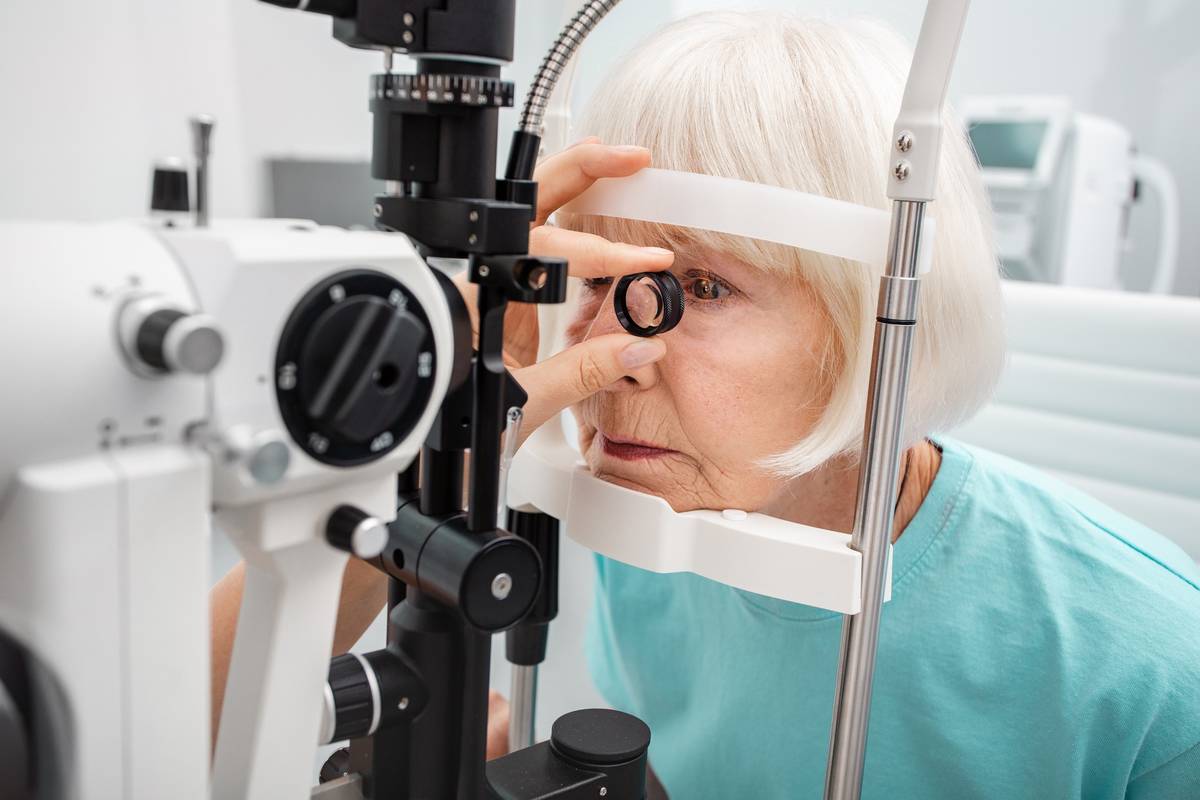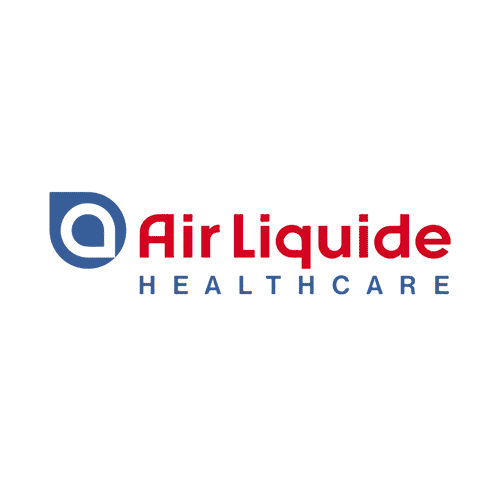
Gene therapy

Develop research and market access for gene therapies
Our specialized team supports healthcare players in their innovation and development projects related to gene therapy drugs, from research to pharmaceutical development through to market launch.
They trust us


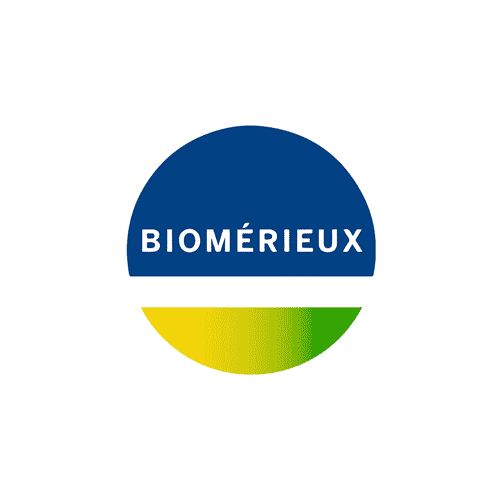


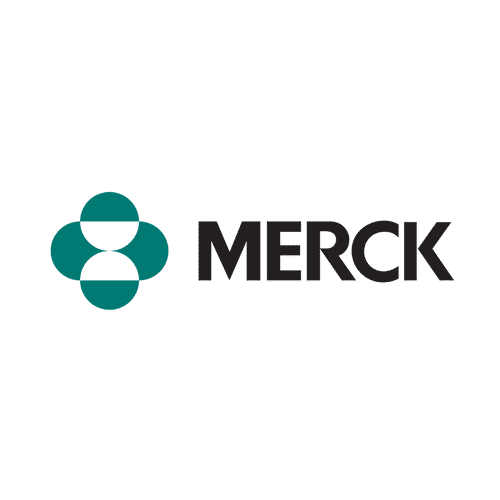

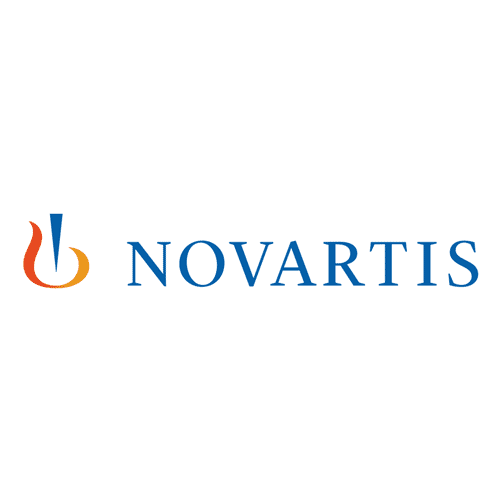

The challenges related to gene therapy and gene therapy drugs
Initially designed in the 1970s and 1980s with the aim of treating diseases linked to the dysfunction of a single gene (known as monogenic diseases), gene therapy has proved over the years to be promising in fields much broader than genetic diseases: oncology, neurology, ophthalmology, cardiovascular, etc.
The field is therefore experiencing a strong growth and since 1989, over 2,000 clinical trials have been carried out or are in progress, and more than 20 gene therapies have been approved to date.
Even though this market is developing, the pharmaceutical industry, biotechs and research centers are facing many scientific and business challenges:
To overcome the current limits of gene therapies and open the possibility of treating new diseases, researchers are trying to improve the delivery process so that the genes get to the right organs, without necessarily going through the liver, and targeting so that the genes get to the right cells. To do this, they are trying to improve the techniques for manufacturing capsids, i.e the “boxes” containing the gene within viral vectors (techniques known as “capsid engineering”), but also experimenting with other ways of encapsulating genes, such as nanoparticles.
How can new technologies be developed to optimize the targeting of genes to the right organs and the right cells, whether to improve the efficacy and safety of current treatments or to imagine new treatments?
Occasionally, some patients develop antibodies against viruses used to deliver the genes, which can potentially block the effectiveness of certain gene therapies. Research is therefore underway to understand how to create optimal immunological conditions prior to injection, in order to ensure that the treatment is effective over time. The aim is to reduce the immunogenicity or increase the immunotolerance to these gene therapy drugs.
What technologies could make it possible to minimize the immunogenicity of viral vectors? What overall therapeutic strategy could be put in place?
While gene therapies historically focused on replacing deficient genes, systems are being developed to allow genes to be “turned on” and “turned off”, and even more difficult, to modulate their expression in a controlled manner. The aim is thus to attenuate the effect of a certain gene whose expression is too strong (e.g: genes whose expression induces eye stress which can be harmful if too intense) or on the contrary, amplify the effect of other genes that are not expressed enough.
What technologies can make it possible to control the expression of a gene? What diseases could be treated with such a mechanism?
The manufacture of gene therapy drugs is very complex and highly regulated by the Good Manufacturing Practices (GMP) standards that apply to ATMPs. It requires extensive expertise and robust processes, the two challenges that still drive the pharmaceutical industry. It should be noted that in recent years, progress in the fields of bioreactors and flexible chains has led to an increase in the manufacturing offer of CMOs (Contract Manufacturing Organizations). Beyond the production itself, the development of the supply chain is, as with any new biotherapy, a key industrial issue: identify and assess suppliers, plan for redundancy, guarantee quality and deadlines, etc.
How can the robustness and efficiency of gene therapy manufacturing processes be improved? What choice should be made between developing internal manufacturing processes or outsourcing via CMOs? How to secure a reliable supply chain?
The model for dispensing gene therapies according to the typology of the diseases addressed is the subject of many discussions. Indeed, some diseases already have established structures, such as centers of excellence, competent and equipped to treat patients by gene therapy. On the other hand, for certain rare diseases, the care expertise does not yet exist and the patient pathway must be completely imagined. This raises, for example, the question of creating centers dedicated to gene therapy – rather than to a specific disease – to optimize product monitoring and experience sharing.
How to support the growth of gene therapy treatment centers? When and how to identify them?
Gene therapies present particularities which often make the construction of a business model and a reimbursement scheme more complex. The challenge is to both be able to demonstrate the value provided by gene therapy compared to current treatments, and to imagine an innovative financing model able to cover the costs of a one-off treatment, which may be equivalent to the cost of several years of expensive chronic treatment. There is also the issue of defining who should bear the responsibility for any failure of such an expensive treatment.
What funding model to adopt for gene therapies? What is the risk sharing between the different stakeholders?
It is key for an industrial player to have a clear vision of its long-term strategy around gene therapies, whether it be the choice of therapeutic areas and targeted diseases, or the technologies to be developed. A portfolio strategy can be based either on a specialization in a specific therapeutic area, or a diversification in many therapeutic areas with more potential, but with greater risks. Indeed, certain technologies, such as mRNA, have a high potential for versatility, i.e they could bring clinical benefits to many pathologies. On the other hand, some diseases, which are multigenic, may require a combination of gene therapy approaches to be treated effectively. Ultimately, it is by evaluating the benefits and risks of each route that manufacturers can build a real portfolio strategy.
What portfolio strategy to adopt for the development of its gene therapies? What are the risks and opportunities for gene therapy in each therapeutic area?
Gene therapy, through the control it potentially offers over the human body, is the subject of important ethical considerations. Thus, germline modification, that is to say cells transmitted to one’s children, is prohibited in most European countries. Overall, it is important that the regulations around gene therapy best reflect the evolutions of societal debates in order to define a clear ethical framework for research and innovations in gene therapy.
What are the regulations in force around the world and what are their differences from one country or region to another? How to adapt your strategy accordingly?
How we support you in your projects related to gene therapy and gene therapy drugs
For more than 25 years, Alcimed has supported its clients on many issues related to gene therapies and gene therapy drugs, in many therapeutic areas such as neurology, oncology, cardiology and rare diseases.
We have thus carried out dozens of projects on gene therapy for different players such as national and European institutions and research centers (for example AFM / Genethon), pharmaceutical companies (for example Bayer, Novartis or Pfizer) biotechs (for example Vertex or Spark Therapeutics (Roche)) or patient associations.
The diversity of our clients, the topics we cover, the geographic areas and the therapeutic areas we explore, and the types of projects we develop give us comprehensive and in-depth insight into issues related to gene therapy.
Our projects cover areas as diverse as new technologies in the field of gene therapies, the development of portfolio strategies, the assessment of market opportunities, the search for partners, the development of business cases, and many more!
What they say


"The benefit that really Alcimed brought to the table was to have an expert intermediary to take us through the process to really challenge our thinking."
Mark TWYMAN
Senior VP and Chief Commercial Officer


"For me Alcimed is like a place to take time to talk, take a step back to ask yourself some good questions to identify the challenges of industry and take the time to find solutions."
Melissa Guyot & Bertrand Coissac
Corporate Development Manager & Vice Président du Corporate Development
Examples of recent projects carried out for our clients in gene therapy
Construction of a portfolio strategy in gene therapy
One of our clients, a major player in gene therapy, wanted to understand how to change its portfolio strategy by engaging in new therapeutic areas.
To this end, Alcimed carried out 7 opportunity assessments for different diseases by identifying their potential (disease severity, impact on the healthcare system, opportunity for gene therapy, patient population, etc.) and the associated risk (current treatments, risks for gene therapy linked to the healthcare structure already in place, feasibility of a clinical trial, etc.).
With the business cases built, the new therapeutic areas considered were compared and prioritized, the synergies evaluated, in order to orient our client’s developments in a portfolio logic.
Identification and evaluation of relevant technologies to maintain a platform of excellence in gene therapy
Alcimed has supported a major player in gene therapy in the identification and analysis of 24 families of emerging technologies that could potentially disrupt their activity, for example in the field of immunotolerance or capsid engineering.
The technologies were prioritized by our team according to their level of maturity (proofs, first tests, etc.) and the opportunities or risks they represented for this player.
Then, during a working session with all the members of the management committee, the technologies allowing to maintain a leadership position were selected to lead to the definition of an innovation strategy.
Creation of an innovative access model for "first-in-class" gene therapy
We supported a European pharmaceutical company in the pre-launch phase of the first gene therapy for a given pathology. The question was how to best prepare the acceptance by the healthcare authorities of this innovative therapy, delivered punctually and a priori with a high cost compared to the reference drugs.
We were able to assess the perception of public institutions and prescribers of the value provided by this gene therapy drug, thanks to discussions and a benchmark of already approved gene therapies, then tested the potential of different funding models for this biotherapy (ex: “Pay-for-Performance”, subscription model, etc.).
An innovative access model emerged, supported by a pan-European action plan to ensure the successful marketing of our client’s gene therapy.
Positioning of a CMO’s gene therapy offer
A European CMO (Contract Manufacturing Organization) wanted to assess the opportunity that the development of a gene therapy offerrepresented for it and to understand how to position its offer.
To do this, Alcimed analyzed the competing offers offered by CMO players already present in gene therapy, to achieve a fine segmentation of the offer. Then, a field investigation of the demand made it possible to define the typology of target customers, their criteria for choosing partners, and the necessary associated services.
The result for our client: a clear marketing strategy, and its associated technical and commercial roadmap.
Selecting the best development opportunities for a gene therapy in rare diseases
We supported a biotech specializing in gene therapy for rare diseases in one of its strategic development projects. Our client’s goal was to build a franchise in the field of neuro-ophthalmology over the next 5 years.
As the main challenge was linked to the nature of rare diseases (little or no information, highly dispersed patient populations, poorly optimized care pathways, strong disparities between geographies, etc.), we helped our client with a commercial pre-assessment of 3 rare ophthalmic diseases: disease description, epidemiological analysis, diagnosis and treatment practices, competitive landscape, and unmet needs, in order to guide our client towards commercial opportunities, indicate how to address them, and recommend which opportunity to work on first.
Exploration of the gene therapy market for animal health
Alcimed supported a pharma company to explore gene therapy opportunities being developed worldwide and with possible applications in the field of animal health.
Our team explored major market trends regarding gene therapy in both human and animal health and identified emerging technologies that matched the client’s needs by performing desk research and by interviewing experts and Key Opinion Leaders.
The client received an overview of the latest gene therapy technologies with relevant applications in animal health. Moreover, they gained a thorough understanding of the main players in the field and of the promising therapeutic areas to monitor in the next years.
Analysis of current and prospective practices for administering gene therapy products to the brain
Alcimed supported a therapeutics manufacturer to understand the preferred route of administration and best clinical practices for delivering gene therapy products into the brain in selected countries.
To do so, our team explored brain administration practices of neurosurgeons as well as the potential role and alternative brain administration possibilities of other specialists. Then we analyzed what practices best fit the client’s needs.
The client received an overview of all possible gene delivery methods targeting the brain and of long-term trends in the field. Moreover, the client now has an understanding of what is the best method to reach specific regions of the brain, its standard operating protocol, the necessary equipment and which specialist is the optimal clinician to perform it.
You have a project?
To go further
Healthcare
3 major advances that might lay the foundations for a new glaucoma treatment
What are the current standards for glaucoma care? Glaucoma is the leading cause of permanent blindness worldwide. We are talking about an heterogenous group of chronically progressive disorders that ...
Healthcare
Optogenetics: towards gene and light therapies?
What is optogenetics and what are the medical applications being developed? Optogenetics works by introducing into the cells a gene coding for a photosensitive protein, which is then activated by ...
Healthcare
Curing blindness: the genetic approach against retinal diseases and vision loss
Curing blindness: Why are the eye and retinal diseases suitable for gene therapies? What are the challenges behind this genetic approach? How companies fight to cure blindness?
Founded in 1993, Alcimed is an innovation and new business consulting firm, specializing in innovation driven sectors: life sciences (healthcare, biotech, agrifood), energy, environment, mobility, chemicals, materials, cosmetics, aeronautics, space and defence.
Our purpose? Helping both private and public decision-makers explore and develop their uncharted territories: new technologies, new offers, new geographies, possible futures, and new ways to innovate.
Located across eight offices around the world (France, Europe, Singapore and the United States), our team is made up of 220 highly-qualified, multicultural and passionate explorers, with a blended science/technology and business culture.
Our dream? To build a team of 1,000 explorers, to design tomorrow’s world hand in hand with our clients.
Gene therapy is a biotherapy that consists of introducing genetic material into a cell in order to produce a therapeutic effect or repair a defective gene. Historically, this has been done most often using a viral vector: a virus made harmless and able to enter human cells to deliver a gene. In recent years, the definition of gene therapies has been broadened thanks to the development of new technologies, such as the CRISPR-Cas9 method, making it possible to develop new approaches going beyond conventional viral vectors.
Gene therapy drugs are drugs whose mode of action is based on this principle. They are classified as Advanced Therapy Medicinal Products (ATMPs) and are subject to the regulations of biologics.
A specific branch of gene therapy which aims to treat certain cancers is CAR-T cell therapy.
The gene therapy market is estimated to have been between $8 and $9 billion in 2023 . The market is projected to grow significantly thanks to the high numbers of recently approved gene therapies and of products expected to receive approval in the next years.




